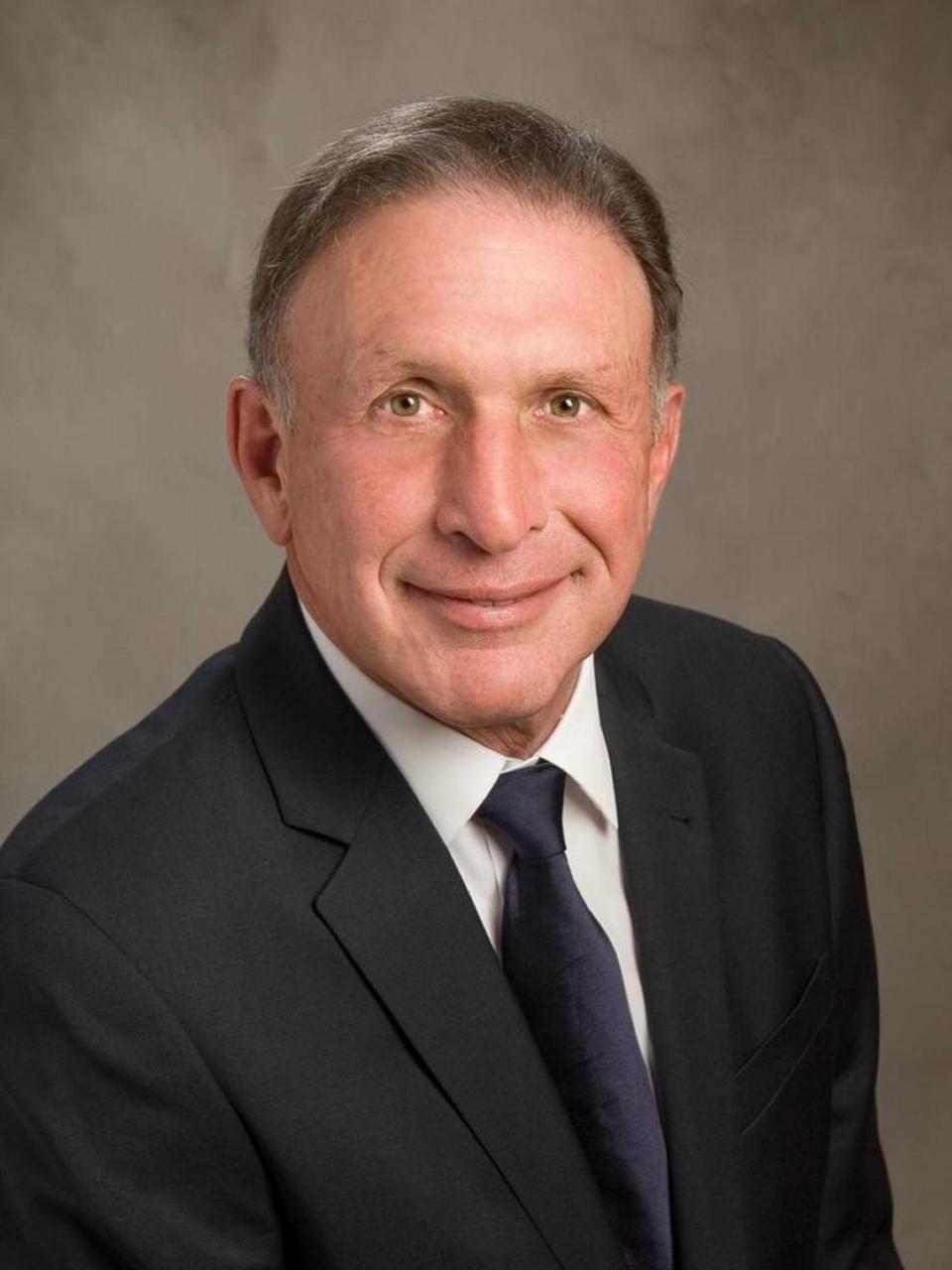UM doctors conducted clinical trials for new drug that treats Alzheimer’s
- Oops!Something went wrong.Please try again later.
The new drug approved by federal officials to treat Alzheimer’s disease has a Miami connection.
A group of medical experts from the University of Miami Miller School of Medicine, including memory disorders specialist Dr. Bernard Baumel, were part of a consortium of worldwide clinical trials to test the pioneering drug marketed as Aduhelm (aducanumab), manufactured by Biogen.

Baumel, a neurologist and UM researcher, told el Nuevo Herald the clinical trial, which has lasted more than three years, will continue to measure how people progress and whether there will be any long-term effects from the drug.
The Food & Drug Administration approved Aduhelm on Monday, despite sharp criticism from the agency’s own scientific advisers, who contend there isn’t sufficient evidence that the drug works.
It is the first drug of its kind to be approved since 2003. The FDA fast-tracked the process, known as “accelerated approval,” which the agency will do for a drug of a serious or life-threatening disease that it says provides a significant therapeutic advantage over existing treatments, bringing it to patients faster. The FDA noted Aduhelm is the first drug that treats the cause rather than the symptoms of Alzheimer’s, which affects more than 6 million Americans.
“As we have learned from the fight against cancer, the accelerated approval pathway can bring therapies to patients faster while spurring more research and innovation,” said Dr. Patrizia Cavazzoni, director of the FDA’s Center for Drug Evaluation and Research.
The drug is an infusion to be ingested every four weeks. It is a disease-modifying drug, which means that the affected person, with the appropriate dose, would not get worse as quickly as they might if the drug were not taken, Baumel said.
Not all experts agree with the FDA’s decision, as the federal agency approved Biogen’s treatment based on clinical trial results that show “a reasonable probability” of efficacy.
Dr. Caleb Alexander, a medical researcher at John Hopkins University and an adviser to the FDA who recommended against approving the drug, told the Associated Press that he was “surprised and disappointed” by the decision.
“The FDA gets the respect that it does because it has regulatory standards that are based on firm evidence. In this case, I think they gave the product a pass,” Alexander told the AP.
In compliance with the accelerated approval process, the FDA is requiring Biogen to conduct a follow-up randomized clinical trial to verify clinical benefits of the drug.
For those who have criticism, Baumel, who has patients participating in the trial, said while Alzheimer’s is a terrible disease, “if there is any indication that we could help people, we should see that happens. ... Let them take the medicine.”

